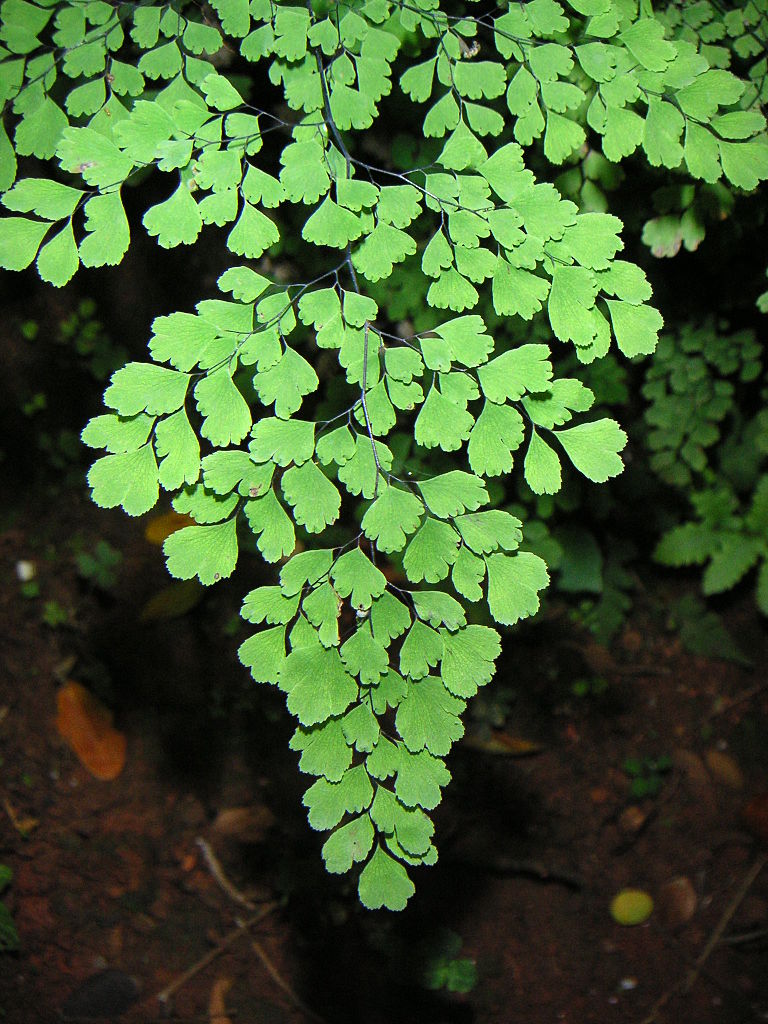Organisms Are Always Autotrophic
Organisms Are Always Autotrophic - Autotroph, in ecology, an organism that serves as a primary producer in a food chain. An autotroph is an organism that can produce its own food using light, water, carbon dioxide, or other chemicals. Autotrophs obtain energy and nutrients by harnessing.
An autotroph is an organism that can produce its own food using light, water, carbon dioxide, or other chemicals. Autotrophs obtain energy and nutrients by harnessing. Autotroph, in ecology, an organism that serves as a primary producer in a food chain.
An autotroph is an organism that can produce its own food using light, water, carbon dioxide, or other chemicals. Autotroph, in ecology, an organism that serves as a primary producer in a food chain. Autotrophs obtain energy and nutrients by harnessing.
AutotrophsOrigin, Type, and Examples
Autotrophs obtain energy and nutrients by harnessing. An autotroph is an organism that can produce its own food using light, water, carbon dioxide, or other chemicals. Autotroph, in ecology, an organism that serves as a primary producer in a food chain.
Autotroph Wikipedia
Autotrophs obtain energy and nutrients by harnessing. An autotroph is an organism that can produce its own food using light, water, carbon dioxide, or other chemicals. Autotroph, in ecology, an organism that serves as a primary producer in a food chain.
15 Examples of Autotrophic Organisms Examples Lab
Autotroph, in ecology, an organism that serves as a primary producer in a food chain. Autotrophs obtain energy and nutrients by harnessing. An autotroph is an organism that can produce its own food using light, water, carbon dioxide, or other chemicals.
Autotrophic Nutrition Types and Their Function
Autotroph, in ecology, an organism that serves as a primary producer in a food chain. Autotrophs obtain energy and nutrients by harnessing. An autotroph is an organism that can produce its own food using light, water, carbon dioxide, or other chemicals.
What is Autotrophic Nutrition? Types and Examples of Autotrophic
An autotroph is an organism that can produce its own food using light, water, carbon dioxide, or other chemicals. Autotroph, in ecology, an organism that serves as a primary producer in a food chain. Autotrophs obtain energy and nutrients by harnessing.
Autotrophic Cells
Autotrophs obtain energy and nutrients by harnessing. Autotroph, in ecology, an organism that serves as a primary producer in a food chain. An autotroph is an organism that can produce its own food using light, water, carbon dioxide, or other chemicals.
Autotrophic Bacteria
An autotroph is an organism that can produce its own food using light, water, carbon dioxide, or other chemicals. Autotrophs obtain energy and nutrients by harnessing. Autotroph, in ecology, an organism that serves as a primary producer in a food chain.
Autotroph vs Heterotroph Nutrition in plants, Protists, Learn biology
Autotroph, in ecology, an organism that serves as a primary producer in a food chain. An autotroph is an organism that can produce its own food using light, water, carbon dioxide, or other chemicals. Autotrophs obtain energy and nutrients by harnessing.
Autotrophs Examples
Autotrophs obtain energy and nutrients by harnessing. An autotroph is an organism that can produce its own food using light, water, carbon dioxide, or other chemicals. Autotroph, in ecology, an organism that serves as a primary producer in a food chain.
Autotrophic Nutrition Definition, Types & Examples ProtonsTalk
An autotroph is an organism that can produce its own food using light, water, carbon dioxide, or other chemicals. Autotrophs obtain energy and nutrients by harnessing. Autotroph, in ecology, an organism that serves as a primary producer in a food chain.
An Autotroph Is An Organism That Can Produce Its Own Food Using Light, Water, Carbon Dioxide, Or Other Chemicals.
Autotroph, in ecology, an organism that serves as a primary producer in a food chain. Autotrophs obtain energy and nutrients by harnessing.
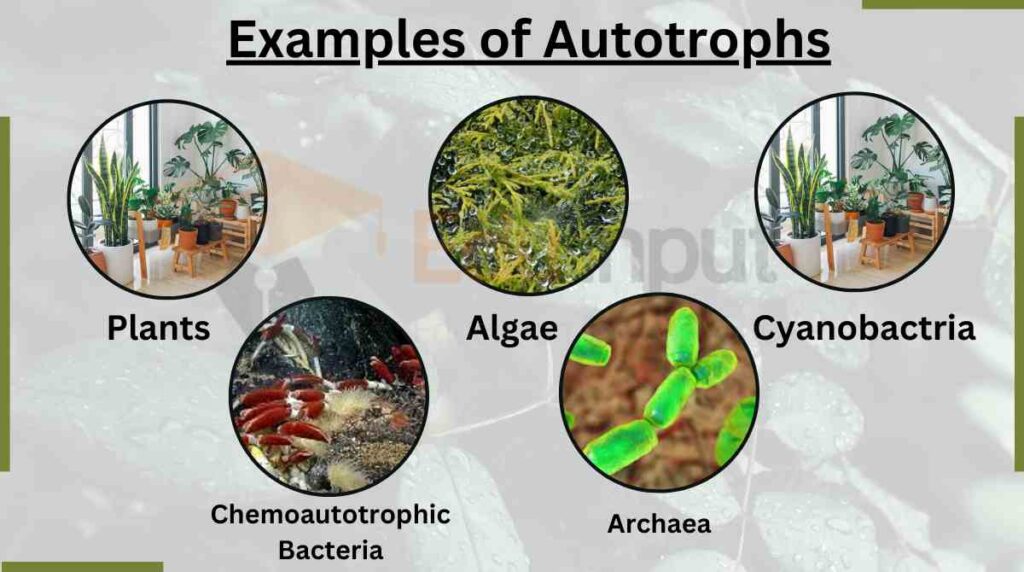

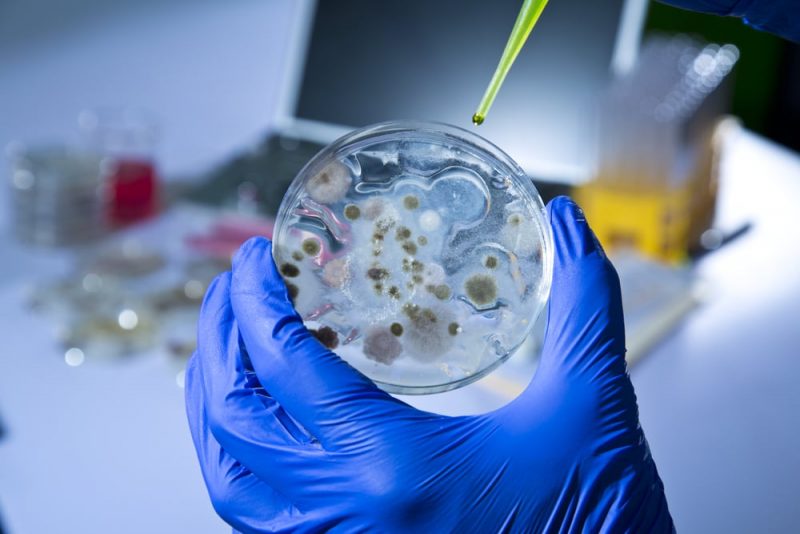
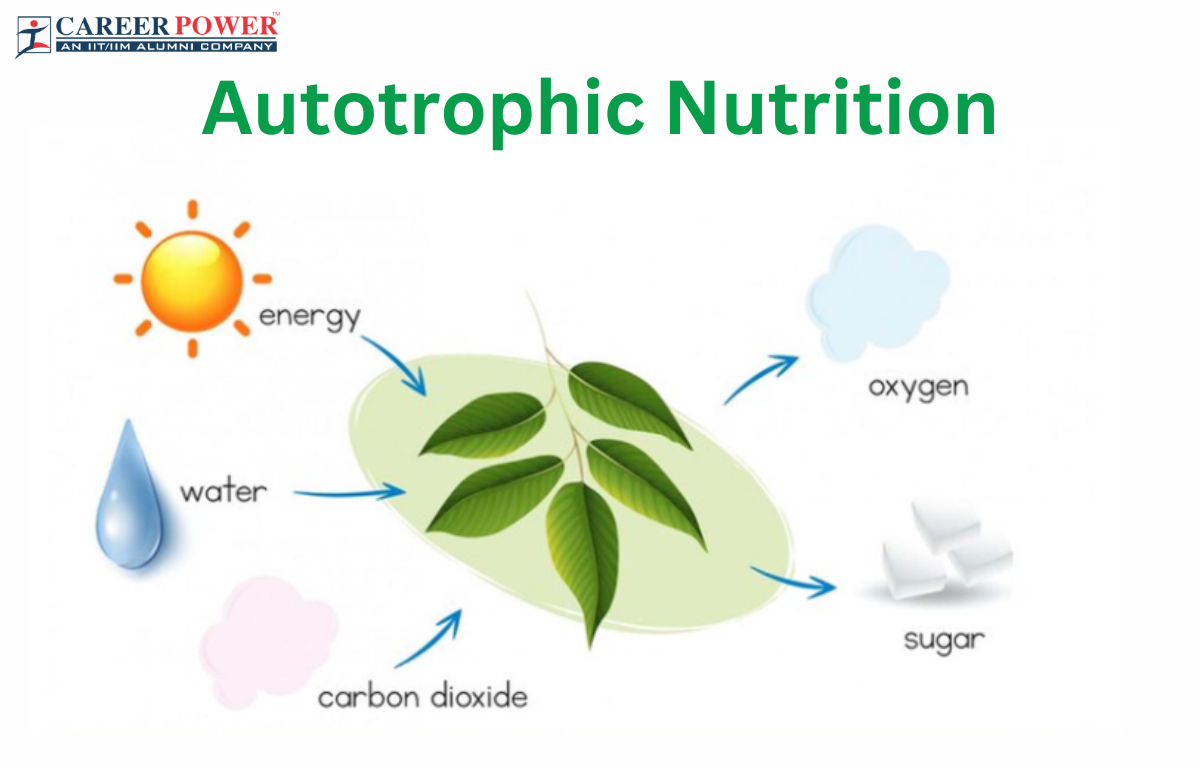
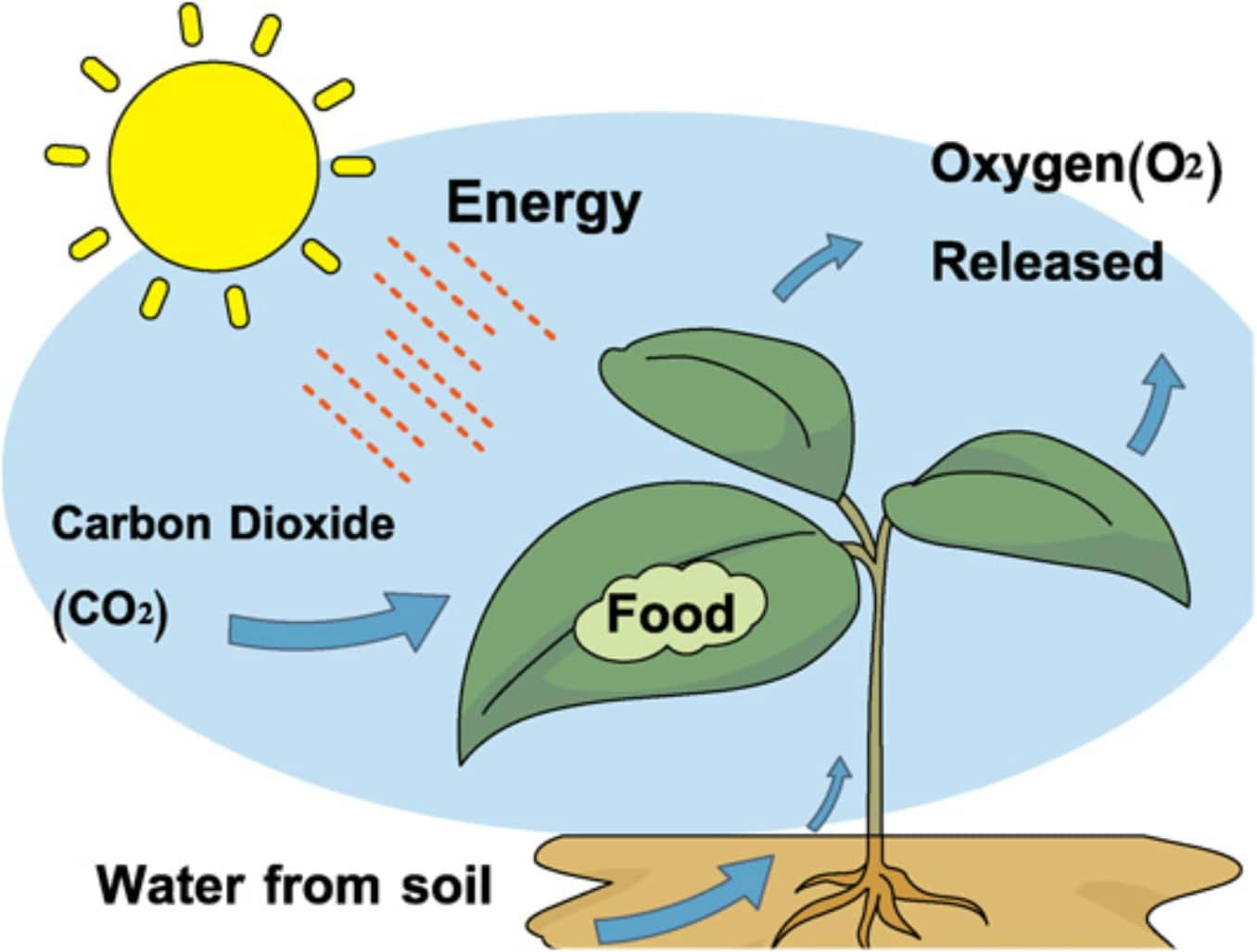
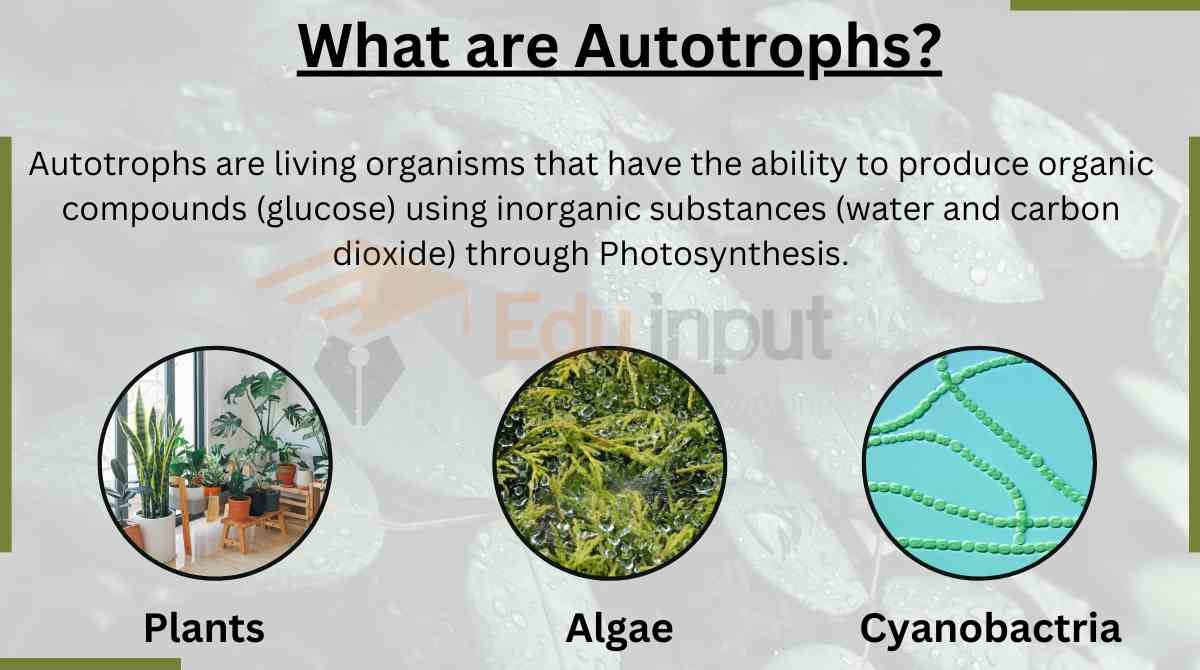
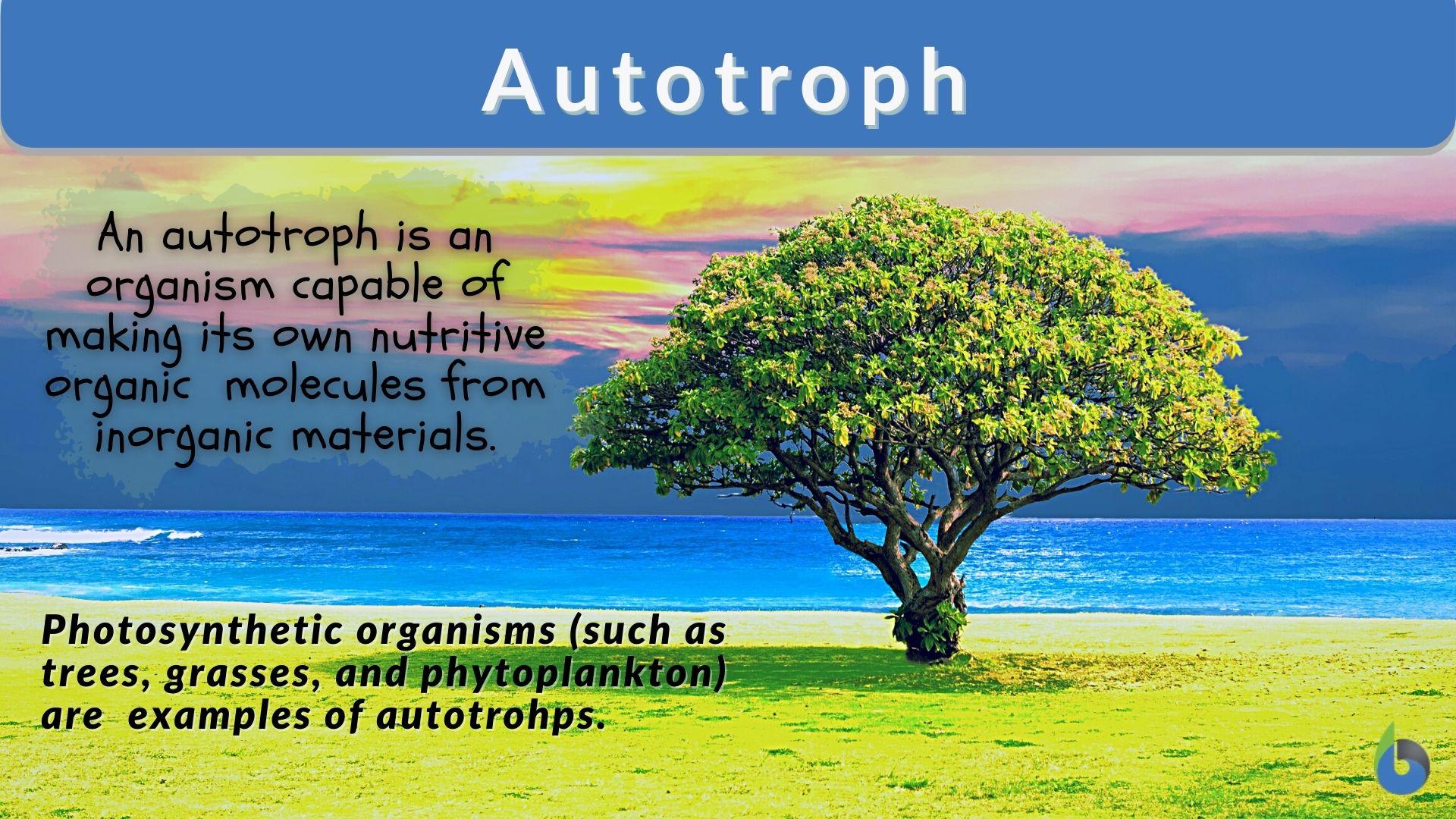

:max_bytes(150000):strip_icc()/heterotroph-and-autotroph-vector-illustration--labeled-biological-division--1197028175-d0873313a374439691bf1e333af1b588.jpg)
